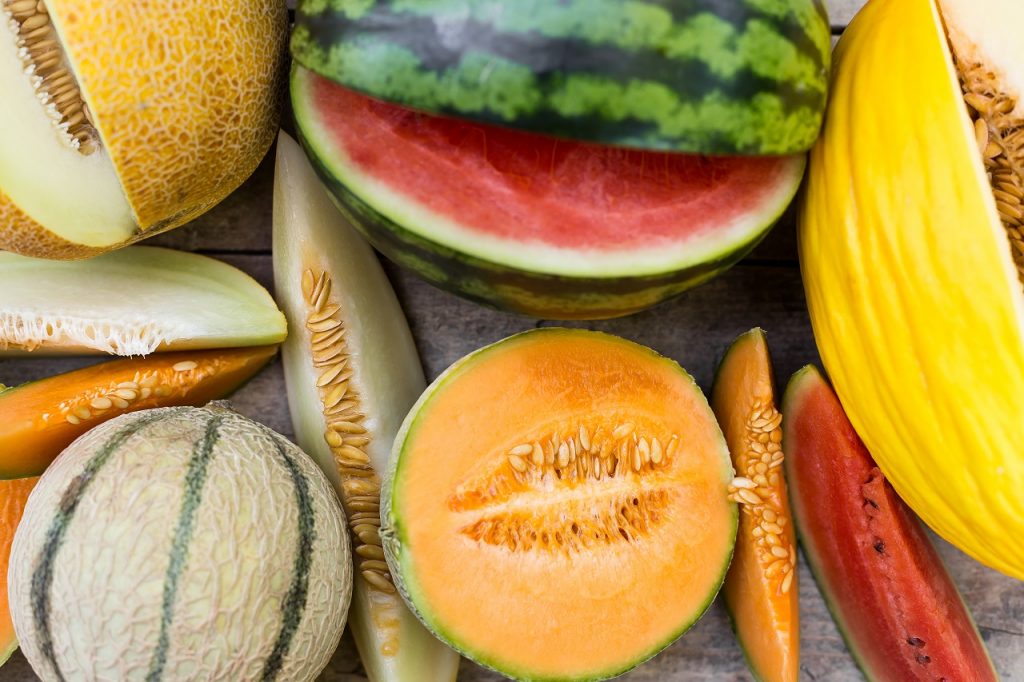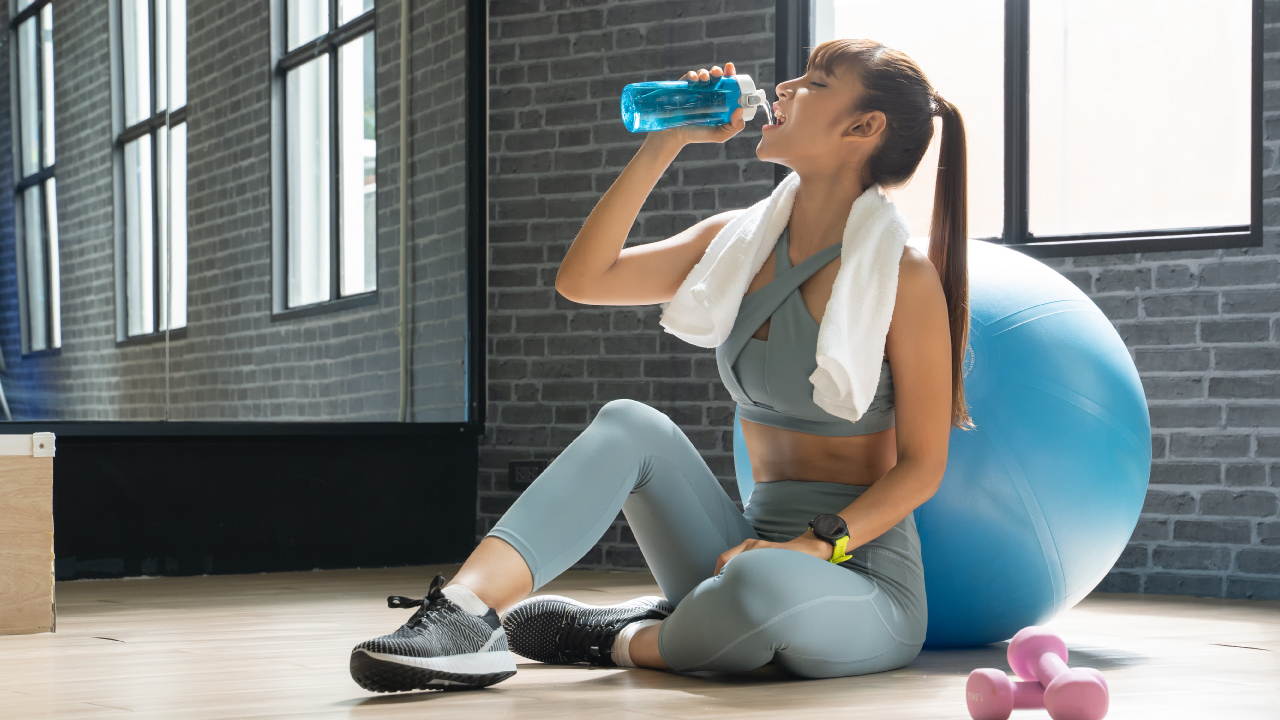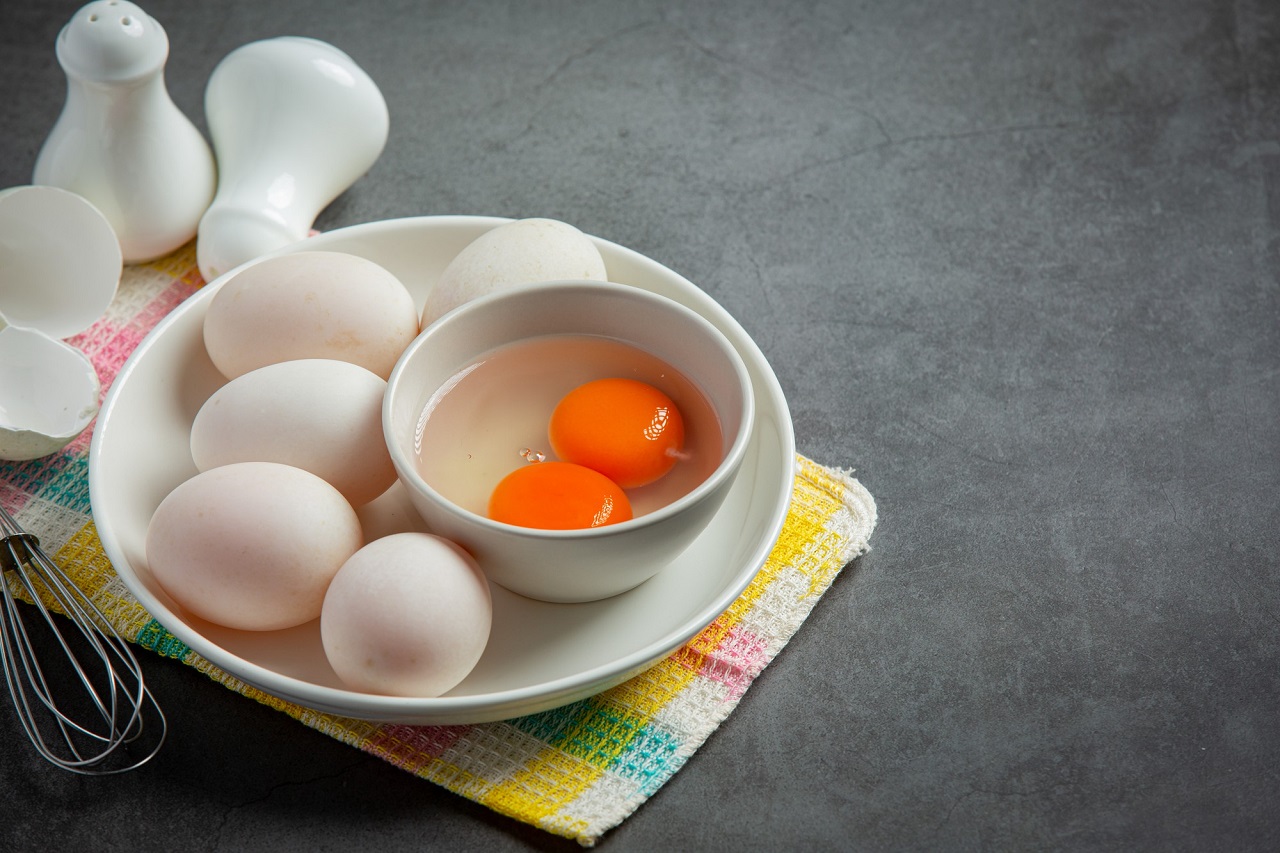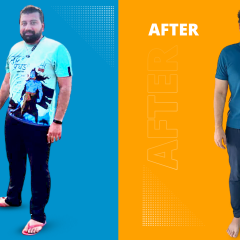 “Books are the quietest and most constant of friends; they are the most accessible and wisest of counselors, and the most patient of teachers.” ― Charles William Eliot
“Books are the quietest and most constant of friends; they are the most accessible and wisest of counselors, and the most patient of teachers.” ― Charles William Eliot
This quote rings true for many book lovers. Reading has always been one of my greatest passions. I can do without TV and my phone, but not without my books. I even have a small library of my own and always keep a book or two by my bedside. Adopting the habit of reading has enriched my life in numerous ways. I highly recommend reading as a hobby to everyone. But what makes it so special? Let’s take a look:
- Treasure of knowledge: You can lose material possessions, but never the knowledge you gain. Books provide a wealth of information that you can apply in your daily life to tackle various challenges. This knowledge can be shared and spread, creating a chain reaction of learning.
- Improved vocabulary: Articulating knowledge effectively is essential, and reading exposes you to a vast range of words. As you develop the habit of reading, your daily vocabulary expands. A strong vocabulary boosts self-confidence and can enhance your professional prospects. Reading also offers exposure to non-native languages, broadening your linguistic skills.
- Enhanced writing skills: Exposure to a wide variety of words and writing styles makes writing easier. By reading the works of various authors, you can refine your own writing skills.
- Improved memory: It’s a well-known fact that if you don’t use your memory, you lose it. Reading requires you to remember characters, storylines, and events in chronological order, which exercises your brain. Creating new memories forges new brain pathways and strengthens existing ones, aiding in short-term memory recall and stabilizing your mood.
- Reduced risk of Alzheimer’s and Dementia: Reading is a stimulating activity for the brain cells. Research shows that people who engage in activities like reading are less likely to develop Alzheimer’s disease or dementia compared to those who don’t. So, keep your brain active by reading regularly.
- Improved concentration and focus: Reading demands sustained focus, which helps improve concentration. Unlike multitasking with digital information, reading a book engrosses you completely, teaching you to focus on one task at a time.
- Enhanced analytical thinking: Books often present complex situations that require analysis. This helps improve your analytical skills, allowing you to think critically, consider facts, form opinions, and solve problems.
- Deepens fundamental understanding: Reading about a subject can provide a deeper understanding than formal education sometimes can. Unlike classroom learning, reading allows you to learn at your own pace.
- Reduces stress and promotes tranquility: Many avid readers unwind at the end of a long day by curling up with a good book. Reading is a great stress buster. Turn off the TV and other electronic devices, and pick up a book. Reading can also promote inner peace, lower blood pressure, and improve the mood of those with mild mental health issues.
- Affordable or free entertainment: Books are an inexpensive form of entertainment. While some books can be pricey, local libraries and online resources offer access to a wide variety of genres for free or at a lower cost. E-books are also a convenient option for avid readers.
So, pick up a book and dive into the world of reading. As Sherman Alexie wisely said, “If one reads enough books, one has a fighting chance. Or better, one’s chances of survival increase with each book one reads.”
If this article resonated with you, share your thoughts in the comments below! You can also get personalized guidance on building healthy habits by subscribing to GOQii’s Personalised Health Coaching here.
#BeTheForce
 The first fruit that comes to my mind when thinking of summer is Melons. I guess it is because they are quite juicy and nutritious! Melons are a part of the Gourd family that also includes cucumber, squash and pumpkins. There are different types of melons that we find locally. There are a hundred different varieties of them as well. The most common being Watermelon (red and yellow), Cantaloupes (muskmelons), Honeydew and Casaba.
The first fruit that comes to my mind when thinking of summer is Melons. I guess it is because they are quite juicy and nutritious! Melons are a part of the Gourd family that also includes cucumber, squash and pumpkins. There are different types of melons that we find locally. There are a hundred different varieties of them as well. The most common being Watermelon (red and yellow), Cantaloupes (muskmelons), Honeydew and Casaba. Water is an indispensable part of our daily diet. It is a chemical component that makes up about 70% of our total body weight. It is also a component that is very easily taken for granted. Staying well hydrated is one of our body’s basic needs. In fact, for people who perform rigorous workouts and play a sport, optimum hydration is a must.
Water is an indispensable part of our daily diet. It is a chemical component that makes up about 70% of our total body weight. It is also a component that is very easily taken for granted. Staying well hydrated is one of our body’s basic needs. In fact, for people who perform rigorous workouts and play a sport, optimum hydration is a must. Eggs are the easiest and fastest to cook. Not to mention, they’re one of the most favorite meals! Almost all of us savor eggs in various preparations such as an omelette, boiled eggs, poached eggs, fried eggs, scrambled eggs, egg curry, egg sandwich, and many more.
Eggs are the easiest and fastest to cook. Not to mention, they’re one of the most favorite meals! Almost all of us savor eggs in various preparations such as an omelette, boiled eggs, poached eggs, fried eggs, scrambled eggs, egg curry, egg sandwich, and many more.


